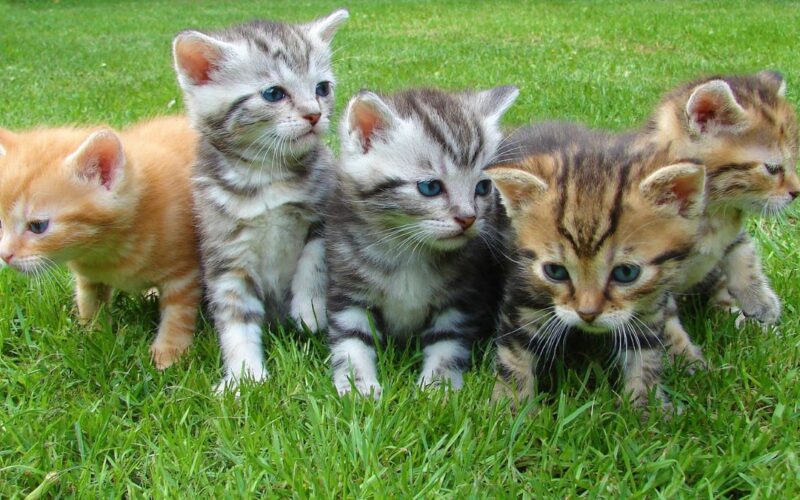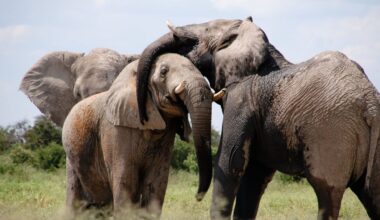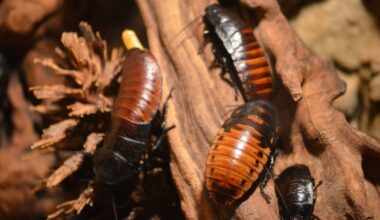Cats, with their independent spirit, playful antics, and enigmatic gaze, have captivated humans for millennia. More than just adorable companions, they possess unique adaptations, surprising behaviors, and a rich history intertwined with our own. Let’s delve into ten fascinating facts that shed light on the true essence of these captivating creatures:
Ancient Hunters with Super Senses
Domesticated around 9,500 years ago, cats retain their inherent predatory instincts and keen senses. Their exceptional night vision, thanks to reflective tapetum lucidum in their eyes, allows them to navigate darkness with ease. Their whiskers, sensitive to even the slightest air currents, aid in spatial awareness and prey detection.
Masters of Communication (Beyond Meows)
While meows are directed towards humans, cats primarily communicate through subtle body language and vocalizations. Tail positions, ear twitches, and subtle facial expressions convey a range of emotions from contentment to annoyance. Understanding these nuances strengthens the bond between humans and their feline companions.
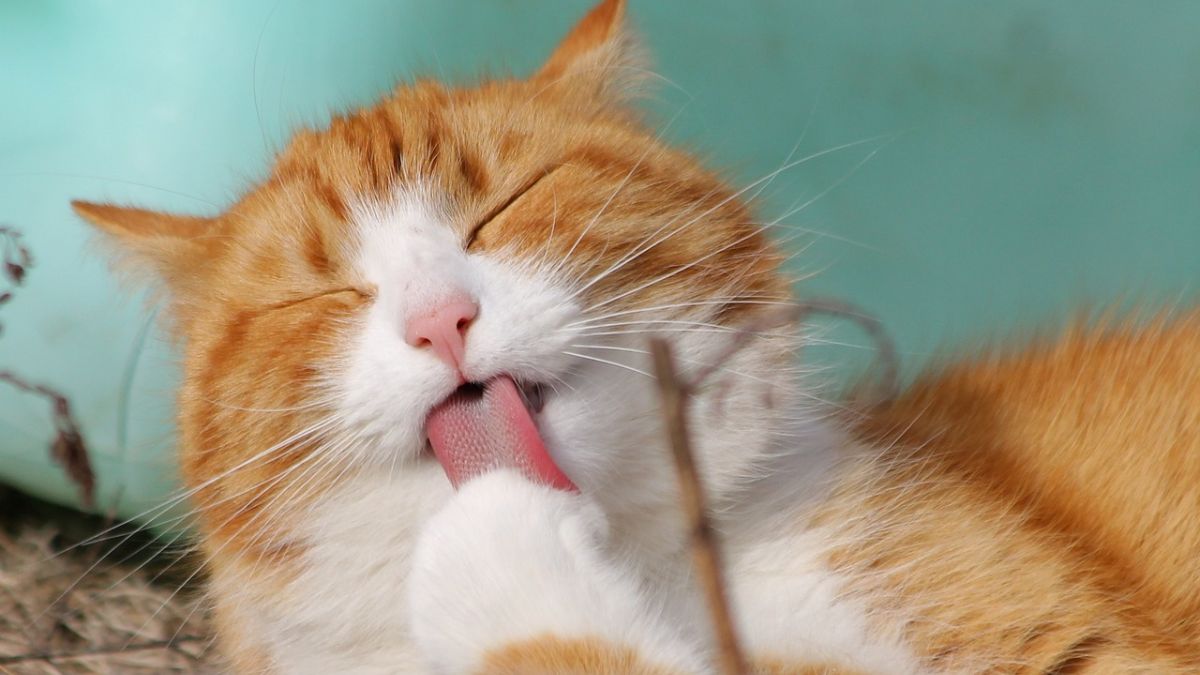
The Purrfect Sleep Schedule
Cats are renowned for their love of sleep, averaging 12-16 hours a day. However, their sleep is fragmented into short cycles of deep sleep (when they appear immobile) and active sleep (twitching whiskers and paws). This allows them to remain alert for potential threats even while seemingly dozing.
More Than Just Cleanliness
Cats spend a significant amount of time grooming themselves, not just for hygiene but also for stress relief, communication, and thermoregulation. Their rough tongues, equipped with tiny barbs, remove dirt, loose fur, and parasites. This meticulous grooming behavior is an essential part of their feline identity.
Claws, the Retractable Tools for Climbing and Hunting
Unlike dog claws, cat claws are retractable, tucked away within their paw pads when not in use. This adaptation protects their claws from wear and tear and allows them to silently stalk prey. The ability to extend and retract their claws provides them with exceptional climbing abilities and silent movement.
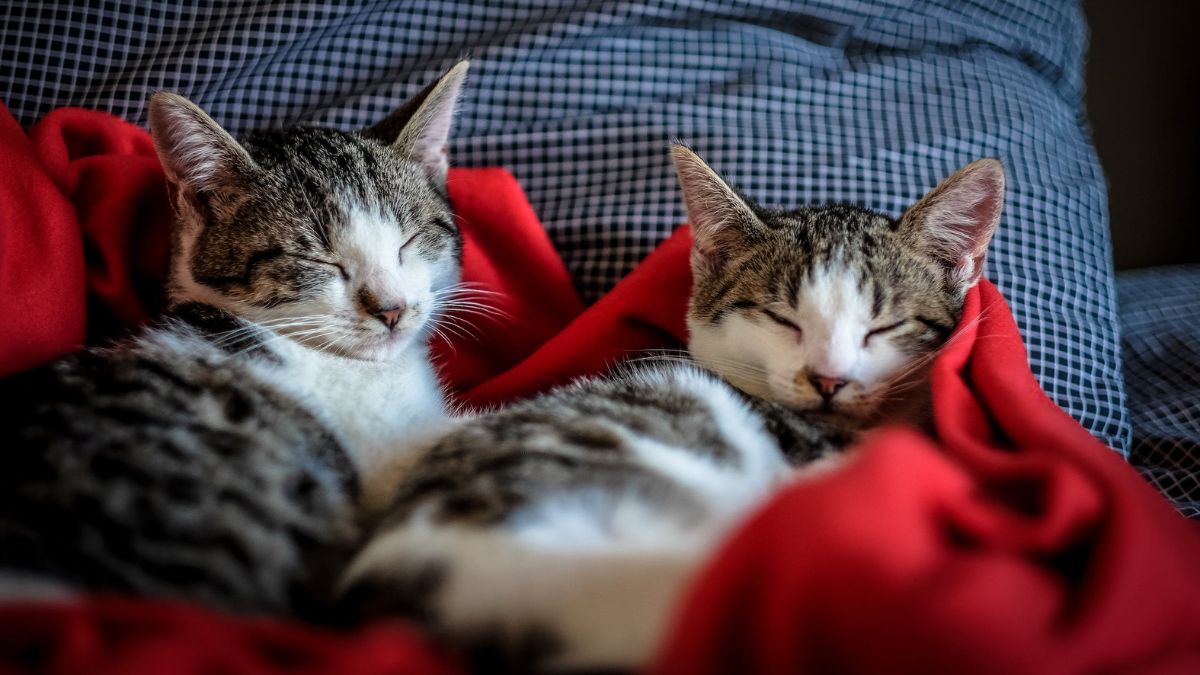
Born Explorers with an Insatiable Curiosity
Cats possess an innate curiosity, driven by their strong predatory instincts and independent nature. They love to explore their surroundings, climb, and investigate new objects. This inquisitive spirit can sometimes lead them into mischief, but it also contributes to their playful and engaging personalities.
Taste Buds with a Twist
Unlike humans, cats lack the receptors for sweetness. However, they have taste buds for savory, sour, and salty flavors. This explains their preference for meat-based diets and their indifference to sugary treats. Their unique taste perception reflects their evolutionary adaptation as obligate carnivores.
Purring, A Language of Contentment and Healing
The iconic feline purr is not just a sound; it’s a complex vocalization with various meanings. While often associated with contentment and affection, cats may also purr when stressed, injured, or even seeking attention. Studies suggest purring may even have healing properties, promoting tissue repair and bone growth.
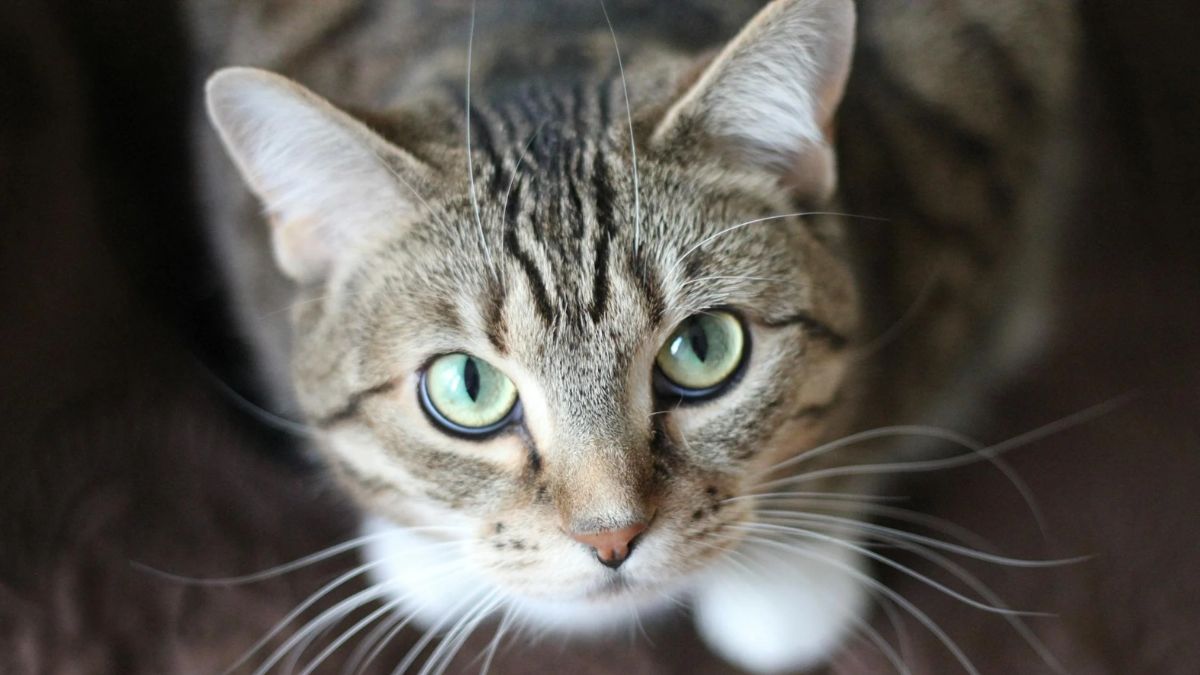
Unique Nose Prints
Just like humans have unique fingerprints, each cat has an irreversible and individual nose print. This intricate pattern of ridges and bumps serves as a form of identification, similar to how we use fingerprints.
Not Just Pets, But Cultural Icons
Throughout history, cats have held significant roles in various cultures, revered for their grace, independence, and even mystical abilities. From ancient Egypt, where they were worshipped as deities, to modern internet memes, cats continue to capture our imagination and hold a special place in our hearts.
By understanding these intriguing facts, we gain a deeper appreciation for the complex and fascinating world of cats. They are more than just furry companions; they are individuals with unique adaptations, behaviors, and a rich history intertwined with ours. Through respectful interaction and a deeper understanding of their needs, we can foster stronger bonds with these captivating creatures and ensure their continued well-being for generations to come.
